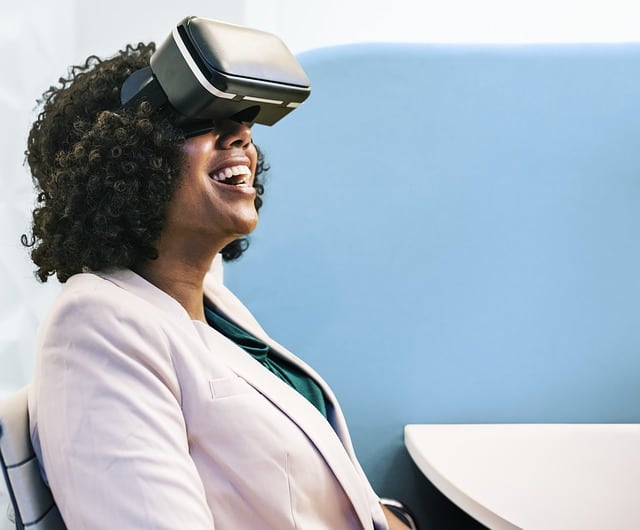Virtual reality is a kind of technology that has an interesting history. It has had its peaks of interest and popularity, only to be followed by dips. This is often due to technology simply not meeting expectations of being convincing enough or being beyond affordable for consumers.
The latter half of the 2010s seems to be another peak for virtual reality, starting with the release of the Oculus Rift in 2016. Since then, several technology and gaming companies have been trying their own spin on virtual reality, hoping to make the breakthrough.
While virtual reality technology continues to be more on the expensive side, it is more popular and accessible than ever. Many companies are now using it not only for entertainment purposes but to create simulations and train people through certain exercises, and it’s possible that virtual reality could be the next big step in helping addicts through the recovery process.
Drinking Simulations
It’s easy to try put an addict through a set of questions, asking if whether or not they will take drinks offered to them at a bar. Even if they aren’t lying, it’s easy to believe they wouldn’t do it, but find themselves falling into a trap once they are actually offered an opportunity.
But being put in a simulation makes the scenario more realistic and believable. While virtual reality simulations will obviously not completely fool a person to believe they are actually at a bar with alcoholic drinks in front of them, the simulation can make the practice have more weight.
When playing even the more simple virtual reality games of today such as Job Simulator (2016), you can still feel feedback from placing food on a stove, throwing papers or coffee mugs at other employees, or putting car parts together. The same could be done with a simulation at a bar or even a party. Will the addict playing choose to take the drink after coaxing from their virtual drinking buddies or bar attendant?
By putting a more applicable situation in front of an addict rather than a simple roleplay between a therapist, there may be clearer and more realistic results from the addict.
A New Spin on Therapy Sessions
Virtual reality opens the world for not only more realistic simulations to test recovery, but more customizable ones. In a single room with a therapist, there is only so much that can be done to change up roleplays testing how an addict handles future situations post-recovery and only so much suspension of disbelief can be held.
In a virtual reality simulation, multiple factors can be customized and adjusted to fit any type of situation or scenario if need be. It’s possible that some addicts have trouble saying no to a drug under peer pressure at a bar, while others might be more inspired by family, or even certain environments. This also includes the therapy sessions themselves, which can be adjusted and altered to fit the addict’s needs.
By being able to make these adjustments and test out new variables, therapists can help guide an addict’s recovery by picking up what does and doesn’t work, as well as figure out adjustments that can be made to the process. With the many details that can be added and taken away to virtual reality, studying and helping a person recover from their addiction may be easier and more effective than ever.

If you or a loved one is planning therapy or recovery from addiction, consider reaching for your local Tennessee Alcohol & Drug Addiction Program. You can also look into Discovery Place’s own recovery programs, such as our Long Term Drug and Alcohol Addiction Recovery Program or our 30 Day Residential Addiction Recovery Program in Burns, Tennessee. Call us at 1-800-725-0922.

